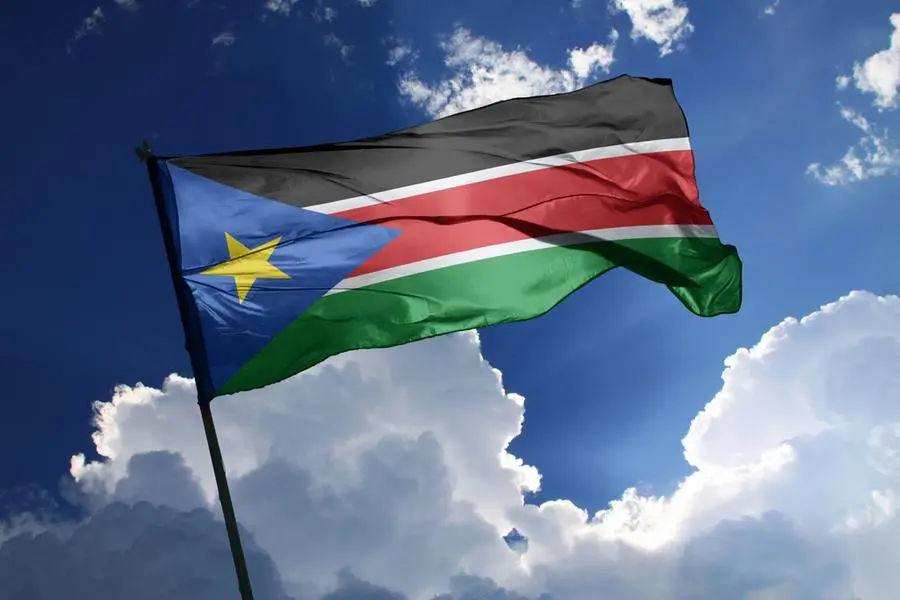PHOTO
The government of South Sudan is facing a $74.32 million penalty over a flopped investment agreement with Vivacell, a foreign telecoms company that had won huge concessions on tax payments, licence fees, investment land and mobile frequencies and tariffs to operate in Juba, prior to independence in 2011.
The International Chamber of Commerce (ICC) tribunal, in a landmark ruling delivered on May 26, 2025, ordered Juba to pay Vivacell the amount, which includes a principal of $48,452,035, interest of $20,849,535 and $5,024,983 in legal and other costs.
South Sudan’s information minister Michael Makuei said the “exorbitant” claim threatens the economic stability and livelihoods of the South Sudanese people and that Juba’s legal team is reviewing the award to determine the next step.
Yet the ICC figure constitutes a significant reduction from an initial claim of $2.9 billion after Vivacell, which operated under Network of the World, shut down its operations in the country in March 2018, over a $66 million tax dispute, leaving more than 200 South Sudanese without jobs.
The rules governing ICC arbitration, however, do not allow disclosures of details of each claim.
The South Sudan government said Vivacell had failed to secure a proper licence following its independence and was operating under an outdated permit issued by Sudan, thereby evading tax and licensing payments totalling $66 million.
Vivacell had obtained a licence in October 2003 to provide mobile telecommunication services in Southern Sudan from the New Sudan Telecommunication Corporation (NSTC), and the licence was amended the same day.
In October 2007, a second amendment was signed between Vivacell and the Ministry of Telecommunications and Postal Services. The second amended agreement provided Vivacell with generous tax concessions, exemptions from customs duties, free land for mobile telephone infrastructure, extensive conditions regarding mobile frequency usage and tariffs and purported exclusive rights.
This amended licence was granted for an agreed fee of $7.5 million, but Vivacell only paid $1.5 million of the sums due.
Following the birth of the Republic of South Sudan in July 2011, the government established a telecoms regulator, the National Communications Authority (NCA).
In 2018, NCA sought to impose standard licensing fees on Vivacell, as had been applied to all other mobile operators. But the telco challenged the demand, leading to the suspension of its operating licence until the required fees were paid.
Due to that dispute, Vivacell exited the market, abandoning its equipment and staff.
The telco was primarily owned by Lebanon’s Fattouch Investment Group, which holds a 75 percent stake, with remaining 25 percent owned by Wawat Securities, a company linked to the Sudan People’s Liberation Movement (SPLM), South Sudan’s dominant political party.
In the wake of the latest arbitration decision, Juba says it is taking measures to ensure the country remains a safe investment destination for foreign investors, upholding law and order in business practices and defending the nation against unsubstantiated claims.“The government has identified priority sectors for investment, including in the fast-growing ICT, agriculture, transport infrastructure, petroleum, mining, and energy sectors, with the aim of diversifying the economy and reducing the economy’s reliance on oil,” the government said in a statement.
© Copyright 2022 Nation Media Group. All Rights Reserved. Provided by SyndiGate Media Inc. (Syndigate.info).




















